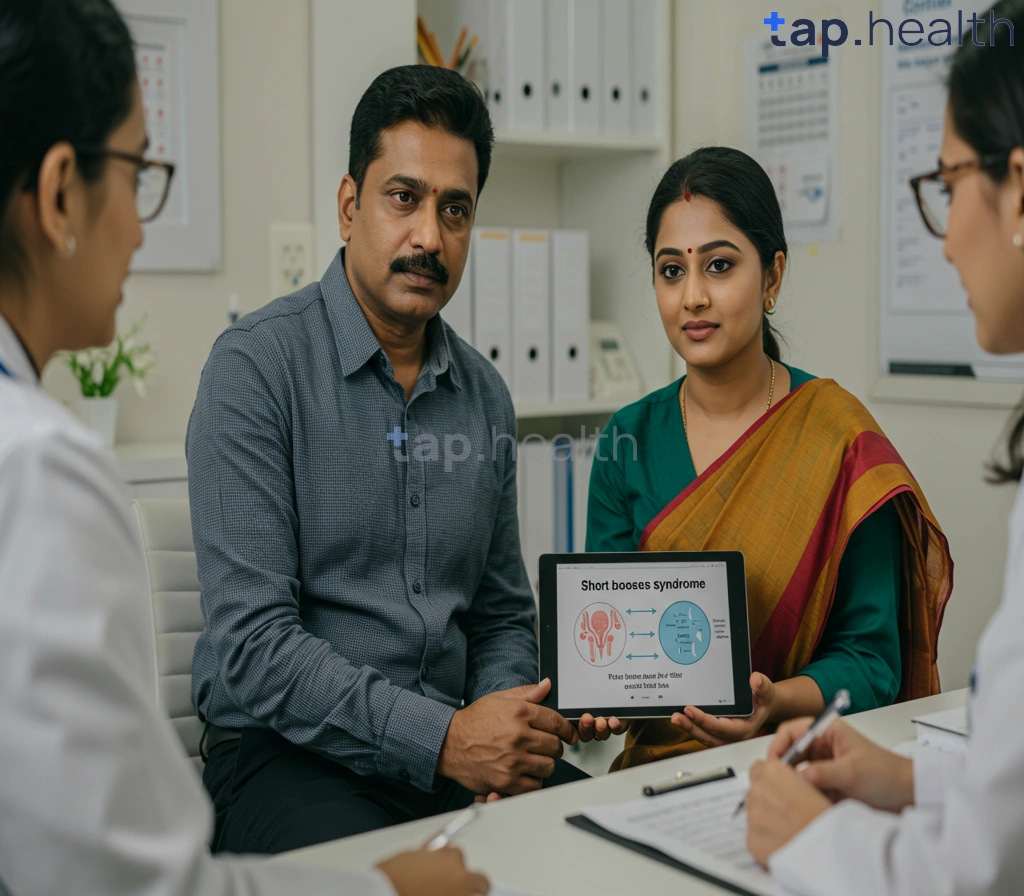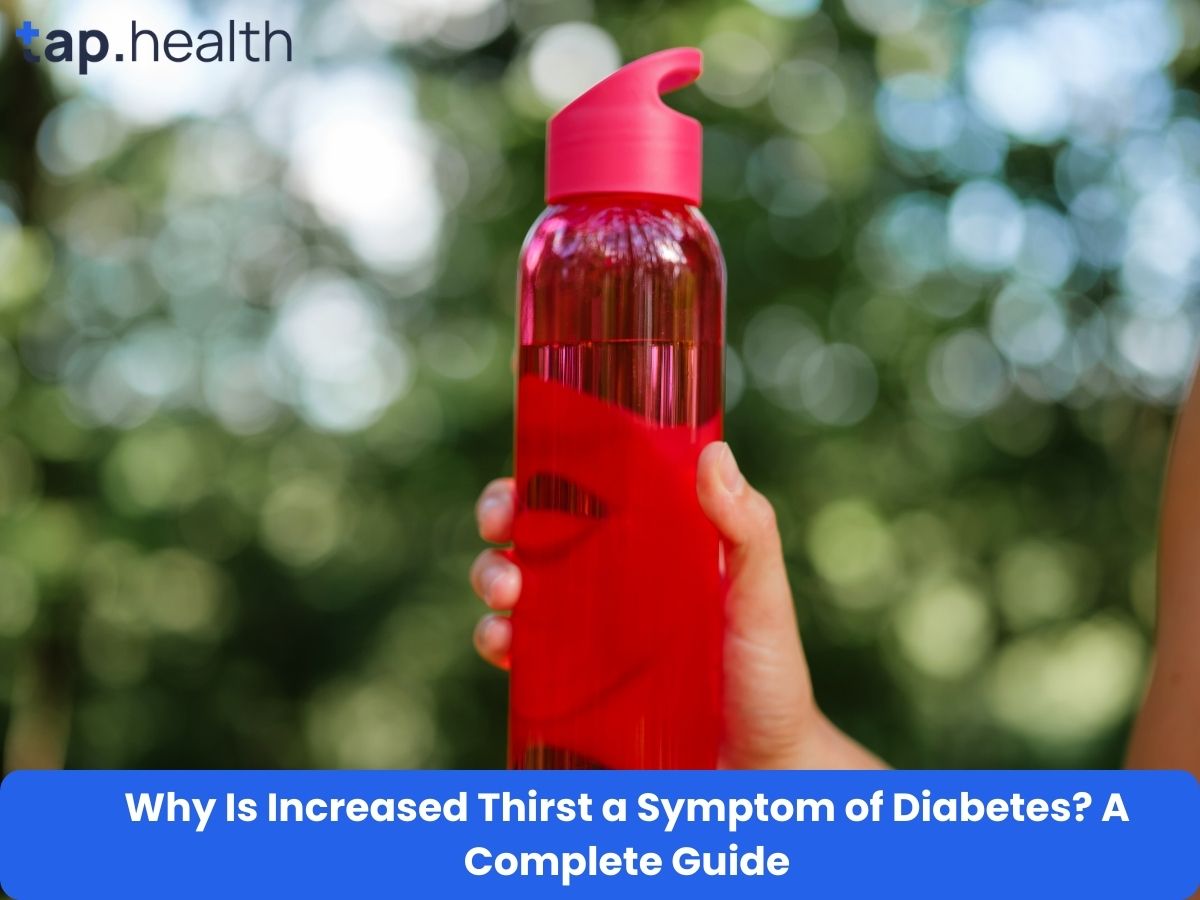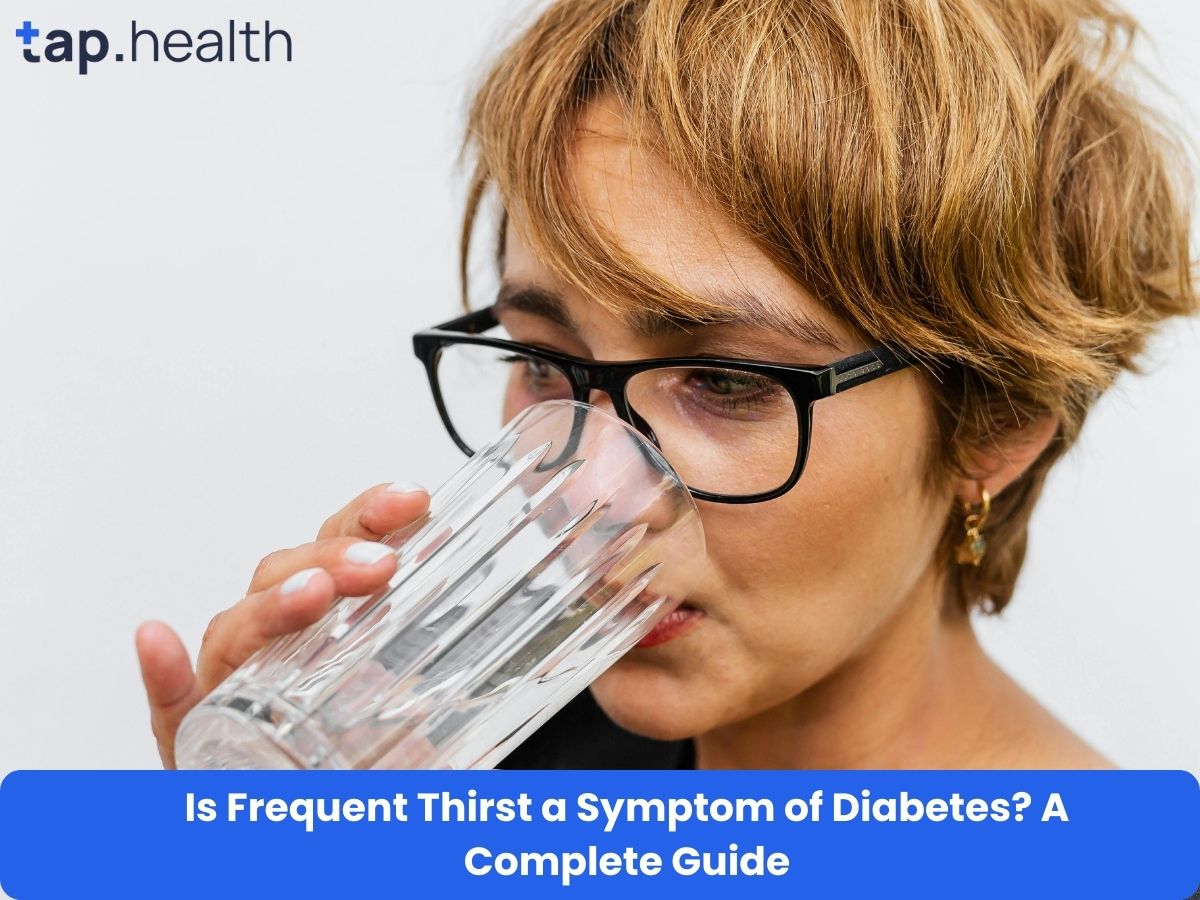Table of Contents
- Short Bowel Syndrome: A Diabetes Complication?
- Understanding the Link Between SBS and Diabetes Management
- Short Bowel Syndrome and Diabetes: Nutritional Considerations
- Living with SBS and Diabetes: Challenges and Solutions
- How Does Short Bowel Syndrome Affect Blood Sugar Control?
- Frequently Asked Questions
- References
Living with diabetes presents unique challenges, but imagine facing another significant health hurdle: short bowel syndrome (SBS). This complex condition, characterized by the loss of a significant portion of the small intestine, drastically alters nutrient absorption and can profoundly impact diabetes management. Understanding Short Bowel Syndrome and its Impact on Diabetes is crucial for both patients and healthcare providers, as managing these two interconnected conditions requires a specialized approach. This blog post will explore the intricacies of this relationship, offering insights into the challenges, complications, and effective management strategies for those navigating this difficult journey. Let’s delve into how SBS affects blood sugar control and overall well-being in individuals with diabetes.
Short Bowel Syndrome: A Diabetes Complication?
Short Bowel Syndrome (SBS) is a debilitating condition resulting from the significant resection of the small intestine. While not directly a complication of diabetes, the increased risk of certain health issues in individuals with diabetes can indirectly impact the likelihood of developing or managing SBS. Diabetes significantly increases the risk of various complications, including kidney disease. In fact, nearly 30% of people with diabetes develop diabetic nephropathy, a form of kidney disease. This highlights the importance of comprehensive diabetes management, as kidney problems can exacerbate other health conditions, including those related to the digestive system. Learning How to Prevent Long-Term Complications of Diabetes: Easy Tips is crucial for mitigating these risks.
The Interplay of Diabetes and SBS in Tropical Climates
In Indian and tropical countries, specific challenges related to nutrition and sanitation can further complicate the management of both diabetes and SBS. Malnutrition is a significant concern in these regions, and the nutritional demands of SBS are already high. Patients with both conditions need meticulous dietary management to ensure adequate nutrient absorption and blood sugar control. The high prevalence of infectious diseases in these areas can also put a strain on the already compromised digestive system of individuals with SBS, potentially leading to further complications.
Seeking Expert Care
Managing SBS, especially in conjunction with diabetes, requires specialized medical attention. In India and other tropical countries, it is crucial to consult with gastroenterologists and diabetologists experienced in managing these complex conditions. Early diagnosis and a comprehensive treatment plan tailored to the individual’s specific needs are essential for optimal health outcomes. Prioritize regular checkups, adhere to prescribed medication, and focus on a balanced diet to mitigate the potential severity of both diseases. Don’t hesitate to seek help; proactive management can significantly improve your quality of life. Understanding which conditions are less commonly associated with Type 2 diabetes can also provide valuable context. For example, you might find it interesting to read about Which Condition is Not Usually Associated with Type 2 Diabetes?
Understanding the Link Between SBS and Diabetes Management
Managing diabetes effectively is crucial, especially considering that a significant portion of the global diabetic population – 61% are aged between 20-64 years, while 39% are 65+ years old, as per the International Diabetes Federation – resides in regions like India and other tropical countries. This demographic presents unique challenges, particularly when considering the impact of short bowel syndrome (SBS).
The Interplay of SBS and Diabetes
Short bowel syndrome, characterized by malabsorption due to a significantly reduced length of the small intestine, significantly complicates diabetes management. The reduced absorptive capacity affects nutrient uptake, including essential vitamins and minerals vital for glucose metabolism and overall health. This can lead to unpredictable blood sugar fluctuations, making it difficult to maintain optimal glycemic control. In tropical climates, where access to specialized nutrition might be limited, this challenge is magnified. Managing both conditions requires a highly individualized approach.
Practical Considerations for Effective Management
Individuals with both SBS and diabetes in India and tropical countries often require frequent monitoring of blood glucose levels and may need more frequent adjustments to their insulin or oral medication regimes. A crucial aspect is meticulous dietary management, focusing on nutrient-dense foods to compensate for malabsorption. Consulting with a registered dietitian specializing in SBS and diabetes is essential to create a personalized dietary plan that addresses both conditions effectively. Collaboration with an endocrinologist experienced in managing diabetes in this specific patient population is also vital. Regular follow-up appointments, careful medication adherence, and proactive management of complications are key to optimal health outcomes. The challenges are further amplified as individuals age, as highlighted in Managing Diabetes as You Age: Challenges and Solutions.
Seeking Support and Resources
Given the complexities of managing both SBS and diabetes, seeking support from specialized healthcare professionals is crucial for individuals in India and other tropical countries. Early intervention and a comprehensive management plan are essential for improving quality of life and preventing long-term complications. It’s also important to understand the relationship between diabetes and obesity, as explored in Understanding the Link Between Diabetes and Obesity, as weight management plays a significant role in overall diabetes control.
Short Bowel Syndrome and Diabetes: Nutritional Considerations
Managing diabetes in the context of short bowel syndrome (SBS) presents unique challenges, particularly in Indian and tropical climates where dietary habits and food availability can significantly impact outcomes. The reduced absorptive capacity of the bowel in SBS necessitates careful attention to nutritional intake, making diabetes management even more critical. Maintaining stable blood sugar levels becomes paramount, requiring a finely tuned approach to carbohydrate consumption.
Carbohydrate Management in SBS and Diabetes
Unlike general diabetes management guidelines, individuals with SBS and diabetes often require a more individualized approach to carbohydrate intake. While a general recommendation for most people with diabetes might be 45–60 grams of carbs per meal, this is not a one-size-fits-all solution for those with SBS. The amount will depend on the extent of bowel resection, individual tolerance, and the overall nutritional status. Regular monitoring of blood glucose levels is crucial to determine the optimal carbohydrate intake. Consider working closely with a registered dietitian specializing in SBS and diabetes to develop a personalized meal plan. Understanding the nuances of carbohydrate counting is vital, and exploring different dietary approaches like those discussed in Low-Carb vs. Moderate-Carb Diets for Diabetes: What Works Best? can be helpful.
Regional Considerations for Dietary Planning
In India and tropical countries, access to diverse fruits, vegetables, and easily digestible foods can be leveraged. Focusing on nutrient-dense, low-fiber options can help maximize nutrient absorption while minimizing digestive discomfort. Consult with your doctor or a dietitian familiar with local food resources to create a meal plan that incorporates readily available and culturally appropriate options. This personalized approach ensures better adherence to the dietary regimen, ultimately improving diabetes and SBS management. Remember, consistent monitoring and regular consultations are key to long-term success. Managing the emotional aspects of dietary changes is also important; for strategies to help, see Addressing Emotional Eating in Diabetes: Strategies.
Living with SBS and Diabetes: Challenges and Solutions
Managing diabetes in tropical climates presents unique challenges, especially when complicated by Short Bowel Syndrome (SBS). SBS, characterized by malabsorption due to a significantly shortened small intestine, often leads to nutritional deficiencies impacting blood sugar control. This is further complicated by the high prevalence of diabetes in India and other tropical countries. Studies show that HbA1c levels above 9% are reported in over 30% of diabetes patients, highlighting the severity of the condition and the need for effective management strategies.
The Interplay of SBS and Diabetes
The impact of SBS on diabetes management is multifaceted. Malabsorption of nutrients, including carbohydrates and vitamins crucial for glucose metabolism, can lead to unstable blood sugar levels. Frequent diarrhea, a common symptom of SBS, can exacerbate dehydration and impact insulin absorption. The increased nutritional demands associated with managing diabetes become even more challenging to meet in the context of SBS. This necessitates careful dietary planning, frequent monitoring of blood glucose levels, and potentially, adjustments to insulin regimens. Managing cholesterol is also a significant concern for individuals with diabetes, and this is further complicated by SBS. For helpful tips on managing cholesterol alongside diabetes, you might find our article on How to Manage Cholesterol Levels with Diabetes? useful.
Practical Solutions for Improved Management
In tropical regions, where access to specialized healthcare might be limited, proactive management is crucial. This includes working closely with a healthcare team to develop a personalized dietary plan tailored to the individual’s specific needs and the limitations imposed by SBS. Regular monitoring of blood sugar levels, coupled with consistent medication adherence, is paramount. Focusing on easily digestible, nutrient-rich foods, with emphasis on micronutrients often deficient in SBS, is vital. Regular consultations with a doctor and a registered dietitian are essential for optimizing diabetes management in individuals with SBS, particularly in the Indian subcontinent and other tropical regions. Consider exploring support groups and educational resources relevant to your geographical area for additional support and guidance. If you’re planning any travel, it’s also important to consider the impact on your diabetes management. Check out our guide on Traveling with Diabetes: Essential Tips for a Safe & Healthy Journey for helpful advice.
How Does Short Bowel Syndrome Affect Blood Sugar Control?
Short bowel syndrome (SBS) is a condition where a significant portion of the small intestine is missing or nonfunctional, leading to reduced nutrient absorption. Since the intestine plays a major role in absorbing glucose, SBS directly impacts blood sugar regulation.
With a smaller absorptive surface area:
-
Glucose absorption becomes unpredictable, leading to both highs and lows in blood sugar.
-
Patients may face frequent hypoglycemia (low blood sugar) or hyperglycemia (high blood sugar).
-
This increases the risk of prediabetes and diabetes over time.
👉 To put it in perspective:
-
Normal blood sugar: < 140 mg/dL
-
Prediabetes: 140–199 mg/dL
-
Diabetes: ≥ 200 mg/dL
These benchmarks apply globally, including India and tropical countries, though individual targets may vary depending on medical advice.
Managing Blood Sugar with SBS in Tropical Climates
For those living in hot and humid regions, like India and other tropical countries, managing SBS is even more challenging.
-
Dehydration: A common concern in warm climates. Fluid loss worsens blood sugar fluctuations.
-
Nutrient deficiencies: Limited absorption can be compounded by limited access to varied, nutritious foods in some regions.
-
Dietary focus: Opt for easily digestible carbohydrates, balanced with proteins and healthy fats. Micronutrient supplementation (vitamins, minerals, electrolytes) may also be necessary.
✅ Practical tips:
-
Stay well-hydrated throughout the day.
-
Work with a dietitian to plan meals that are gentle on digestion but steady for blood sugar.
-
Consider fortified foods or supplements, but only under medical guidance.
For more general advice, see our guide on Blood Sugar Levels.
Seeking Expert Advice
Managing SBS alongside blood sugar issues is complex. That’s why it’s critical to seek care from:
-
A gastroenterologist (for SBS management).
-
A diabetologist/endocrinologist (for glucose control).
Together, they can create a personalized plan that takes into account regional challenges like hot climates, food availability, and lifestyle factors.
Regular monitoring, tailored nutrition, and professional support can greatly improve quality of life.
Frequently Asked Questions on short bowel syndrome (SBS)
Q1. What is short bowel syndrome (SBS) and how does it affect diabetes management?
Short bowel syndrome (SBS) is a condition where the small intestine is significantly shorter or damaged, impacting nutrient absorption. In individuals with diabetes, this malabsorption leads to unstable blood sugar levels (hypo- and hyperglycemia) due to inconsistent nutrient intake, increasing the challenges of diabetes management.
Q2. How does living in a tropical climate like India complicate SBS and diabetes?
Tropical climates, such as in India, present additional challenges. Higher temperatures increase fluid loss, leading to dehydration, which worsens the effects of SBS. Nutritional deficiencies, also more common in these regions, further complicate blood sugar control and overall health.
Q3. What is the best approach to managing SBS and diabetes together?
Effective management requires a highly personalized approach. This includes careful dietary planning with nutrient-dense, easily digestible foods, frequent blood glucose monitoring, and possibly adjusted diabetes medication. Collaboration with a team of specialists—gastroenterologists, diabetologists, and registered dietitians—is crucial.
Q4. What are the potential long-term complications if SBS and diabetes are not well managed?
Poor management of SBS and diabetes can lead to severe complications. The combination increases the risk of long-term health problems, including worsening kidney disease due to malnutrition and further instability in blood sugar levels. Proactive management improves quality of life and reduces these risks.
Q5. Where can I find more information and support for managing SBS and diabetes?
Regular checkups with your healthcare team are essential. They can provide personalized guidance and support. Working closely with a team of specialists experienced in managing both SBS and diabetes, particularly in tropical settings, is key to optimal outcomes.
References
- A Practical Guide to Integrated Type 2 Diabetes Care: https://www.hse.ie/eng/services/list/2/primarycare/east-coast-diabetes-service/management-of-type-2-diabetes/diabetes-and-pregnancy/icgp-guide-to-integrated-type-2.pdf
- Exploring Long-Term Prediction of Type 2 Diabetes Microvascular Complications: https://arxiv.org/pdf/2412.01331



